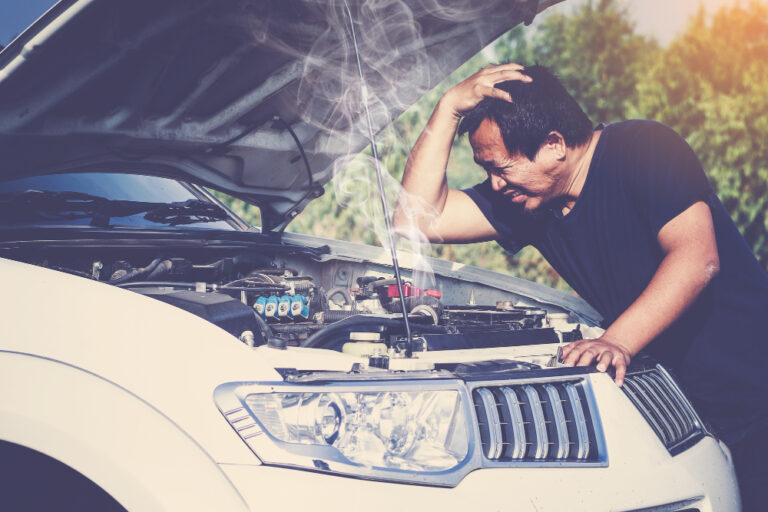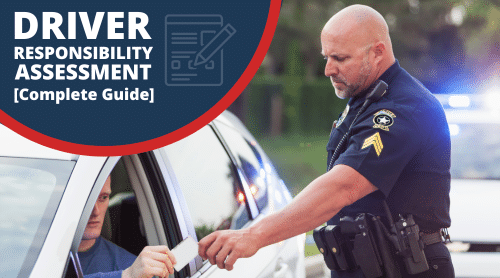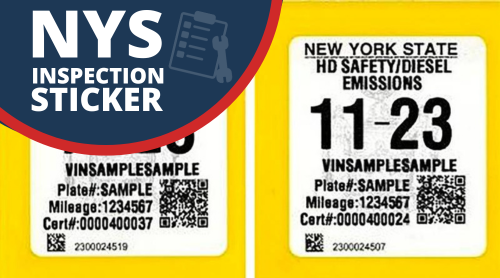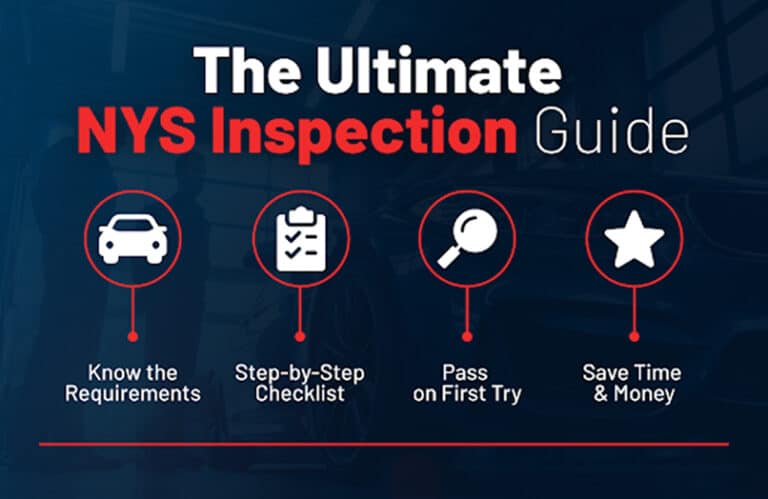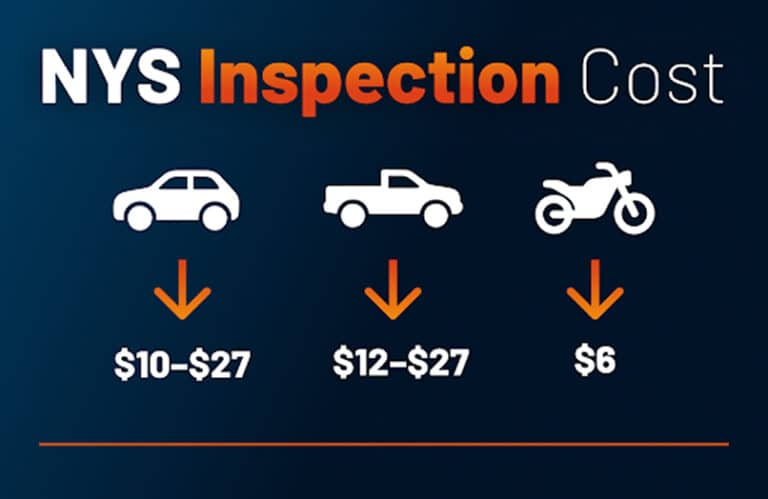A fully functional vehicle is a collection of parts and systems that work in tandem to produce the driving movement we’re so thankful for.
Some of these parts are more critical than others in the grand scheme of things. You wouldn’t rate the paint job of a vehicle as high as a suspension system, would you?
One of the top dogs in a vehicle is its engine. The engine is a powerhouse. Several components here must work efficiently to power a full vehicle. They do so much work that it’s often just a waiting game before they break down, especially without regular maintenance.
A common issue here is overheating.
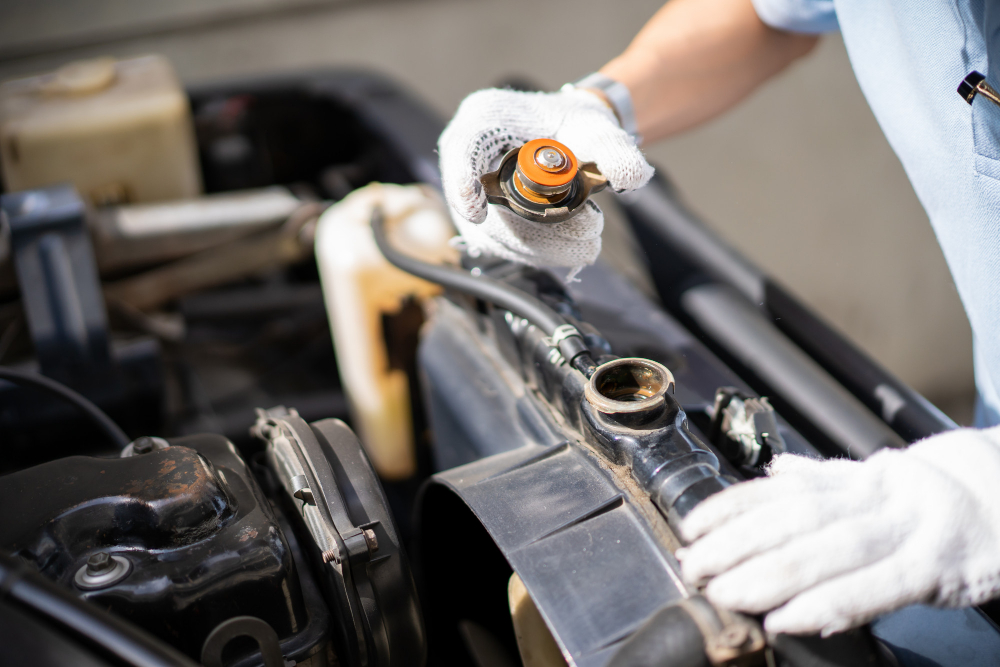
What is Overheating?
You’ve probably seen this a few times on the road or quite possibly with your car. A strong gush of “smoke” coming out from under the hood and people running helter-skelter because they think it’s going to “blow”.
Fortunately, the likelihood of that happening is slim. In the actual sense, an overheating engine occurs when a vehicle’s components are faulty, causing the engine to push too hard.
Additionally, the cooling system of the vehicle would have to be faulty for the engine to overheat because a functional cooling system is used by the engine to avoid overheating.
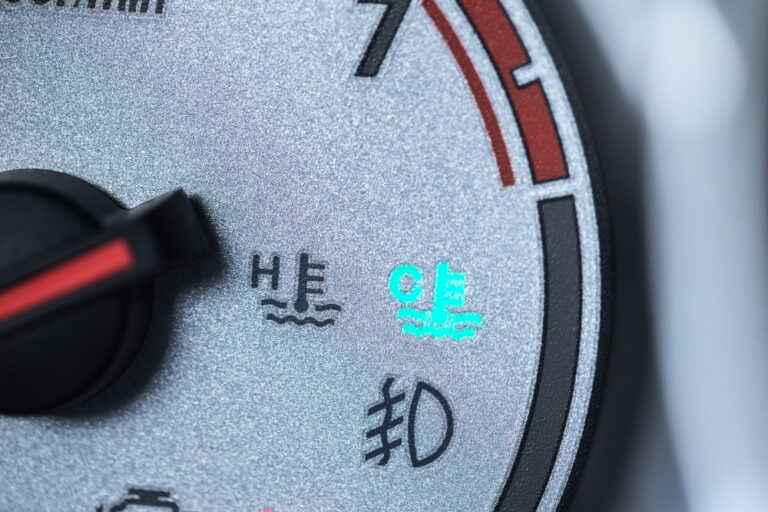
What causes a car engine to overheat?
As we said above, a problem with the cooling system might just be the genesis of your overheating engine.
The transfer of power to the vehicle by the engine begins with internal combustion. With this, fuel is drawn into the combustion chamber where it mixes with the air.
This reaction sparks the plug, causing a small explosion. Several explosions like this occur in a second for the engine to run. Now, that’s a lot of heat.
Fortunately, the engine is equipped with mechanisms that release/circulate antifreeze or coolant to combat this heat.
However, with overheating, something goes wrong along the way.
Let’s fully review the causes of an overheating engine
✔ Cooling system leak
The cooling system is important in the functioning of a vehicle. However, almost all the components that help transfer coolant are prone to leaks. These include the radiator, the hoses, the gasket, the thermostat housing, and others.
A simple leak in one of these will prevent coolant from getting to the engine.
✔ Blocked coolant flow
This results in a similar issue as the leak. If there’s a blockage in the coolant hose, it would never make it to the engine to do its job.
Even if a little bit of it can trickle through to the engine, it won’t be enough to combat the heat here and it’ll just be a matter of time before the engine overheats.
✔ Coolant issues
Even if the coolant gets to the engine, it would have to be in good working condition as well. A coolant water ratio of 50-50 will suffice. Something off just ends up affecting your engine and possibly resulting in overheating over time.
A low coolant level could also cause this. Coolant evaporates and with time, there’d be nothing available to get to the engine.
It could also be that you’ve used it up. Add more coolant and you’d be good to go.
✔ A broken water pump
When this happens, the water pump is unable to circulate coolant through the engine. This results in the engine overheating and could even lead to damage to other parts of the engine such as the cylinder head, gaskets, and pistons.
✔ Radiator problems
These problems could be a leak, a block, or even a faulty fan. Regardless of the problem, an issue with the radiator could devolve to an overheating engine situation.
Another possible issue here could be a faulty radiator cap that makes it difficult to maintain pressure in the cooling system.
✔ Thermostat malfunction
As usual, a thermostat must control the temperature of a system. The thermostat here senses when the temperature gets to a specific level at which point it either allows or prevents the passage of coolant to the engine. Failure of the thermostat to allow coolant through will cause overheating.
✔ Low oil levels
Other than lubricating moving parts, the oil serves to remove some of the “waste heat” in your engine. Low levels of oil in the crankcase or that which courses through the engine will cause overheating as well.
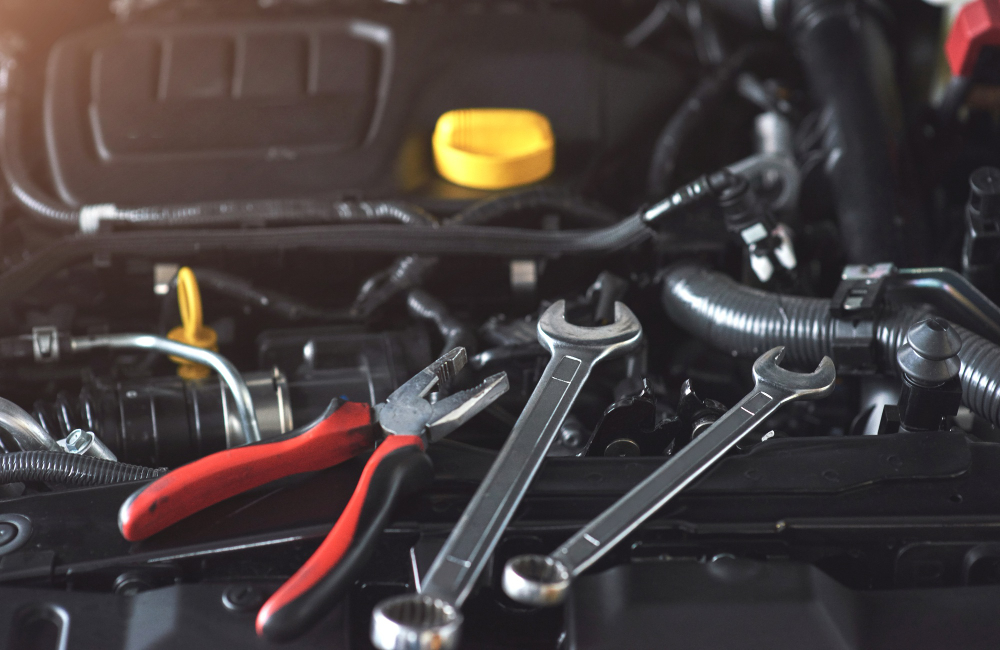
How does overheating affect a vehicle?
While an overheating car is not likely to blow up, it has several consequences that you’d be better off avoiding. Note that any damage from this depends on how high the temperature gets.
For instance, the normal temperature of a car is around 195 to 220 degrees. When it gets about 20 to 40 degrees over this, the engine will likely knock. If you keep soldiering on and driving with this, be prepared to have your pistons damaged beyond repair.
Above 40 to 80 degrees, a rattling sound in your engine with a noticeable drop in power will notify you of this. In this case, your bearings, engine’s interior, and piston rings could get damaged.
Over 100 degrees and your car would be having a complete meltdown. Here, your best bet to fixing it might be to replace the engine.
How to tell your car is overheating
This is pretty simple. The huge white smoke or vapor coming from the hood is usually a good indicator.
You might not see this if you’re driving at high speeds. But once you slow down or even bring it to a stop, you’d see the smoke around your car.
An even better indicator of this is when the malfunction warning light on your instrument panel comes on.
Of course, a red light on your panel likely means big trouble. So, stop and check it out or call on your go-to auto mechanic to help.
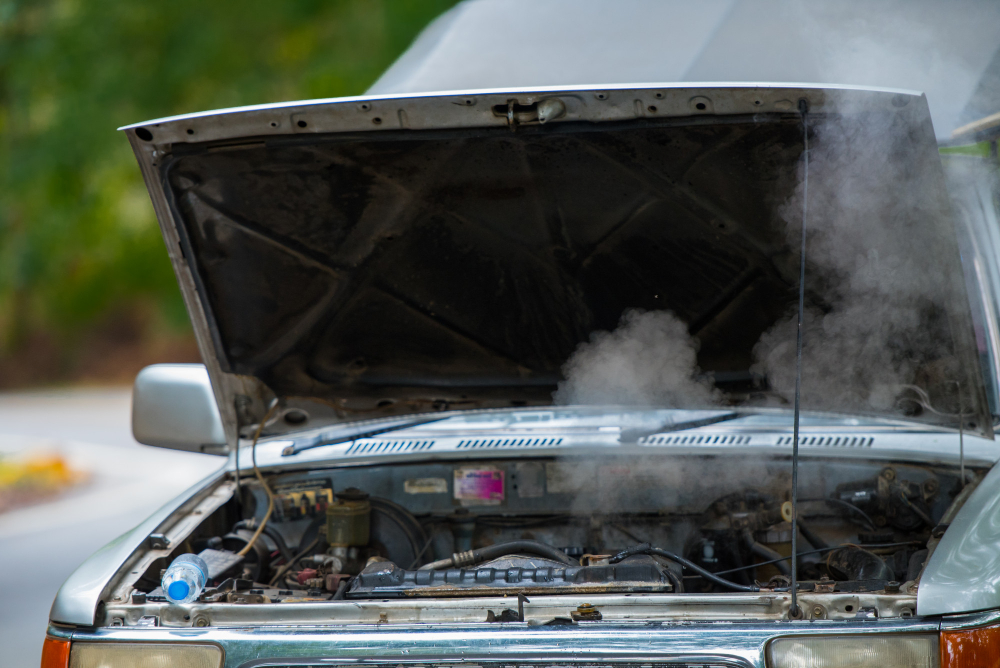
What to do when your engine overheats
Keep an eye on the temperature gauge of your car when driving. If it rises or if you notice a gust of steam from the hood, there are few things you could do before getting your car to the experts.
These include
✔ Crank the heat up
You might be tempted to turn on the AC. Don’t! Turn the heat up and you could disperse heat from the engine.
Here’s a tip from the experts
Put your car in neutral or park and rev the engine. The point is to work the fan and water pump faster. This pulls more air and water through the radiator, thereby, cooling down the engine.
✔ Open the hood
Find a safe place and pull your car over. Go ahead and open the hood. This lets the heat escape. We can’t say this enough. DO NOT TOUCH A HOT ENGINE WITH YOUR BARE HANDS. Just pop the hood and allow nature to take its course.
✔ Analyze the situation
If you’re going to call for help, you’ll need to have something more than “My car’s on fire“. You might not be able to find a block in the hose or other pipes, but a leak is relatively easy to spot. Also, issues such as low coolant levels should be easy to handle.
Here’s what you need to do
Wait for the engine to cool completely, then remove the radiator cap to check the coolant level. Use a towel to be safe here.
Top it off with coolant. If you don’t have this in the car, room temperature water will get you safely to the auto repair shop.
This is a good time to advise you to always have water in your car.
✔ Leave it to the experts
At this point, you’re either still on the road or you’ve got your car to an auto repair shop. An expert will take a look at the car’s cooling system and every other part of the engine.
Beyond fixing your car after it has overheated, you’re better off avoiding this problem in the first place.
Here’s how to prevent your engine from overheating
- Check your coolant levels regularly and top off when necessary.
- Clean your radiator frequently to ensure no debris or dirt will block the flow of coolant through it.
- Keep to a recommended vehicle maintenance schedule. This ensures your auto mechanic picks out any potential problems before it occurs.
Follow the tips above and you can maximize your vehicle’s engine fully. Be sure to work well with your local auto repair experts to catch any issues before they happen and also fix them if they do occur.

